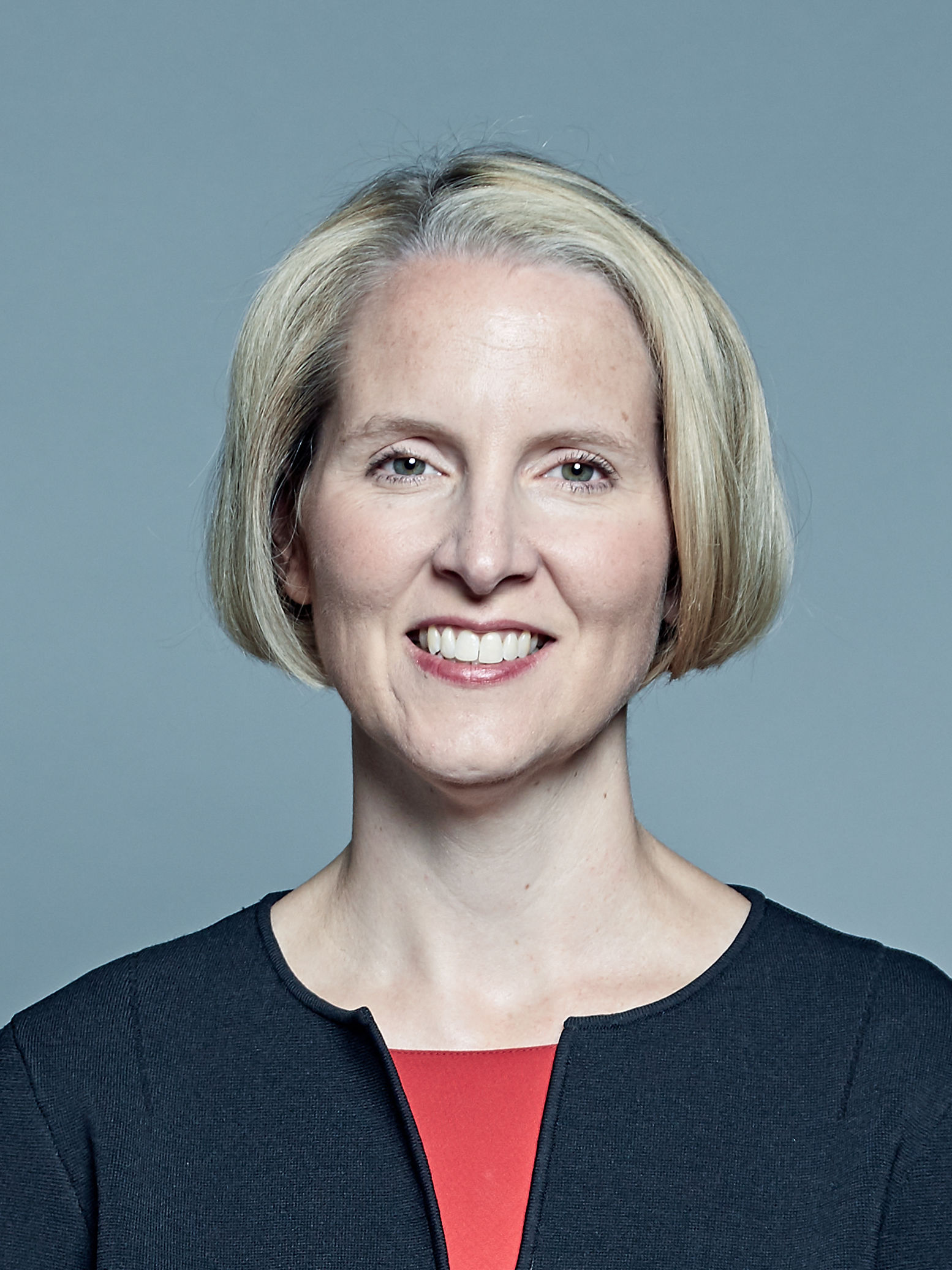Changes to inequality and saving patterns should be treated as “early warning signs” that can signal widening differences in living standards ahead, a new report from the Pensions Policy Institute (PPI) has warned.
The PPI said that the income and employment gaps across the population today would become the pension gaps of tomorrow, with the report suggesting that the UK pension system has reached a “critical juncture”.
The report, the fourth edition of the UK Pensions Framework in association with Aviva, examined the link between rising inequality and the UK pension system.
It also included evidence of risks that households face to retirement security from rising levels of inequality and persistent gaps in pensions coverage and contributions.
The report said that the government’s Pensions Review has come at a “critical” time, as despite recent pension reforms having had important success, there was more to be done.
In particular, the report stated that focusing on retirement income alone misses important and growing divides that have a material impact on living standards in later life.
PPI senior policy researcher, Anna Brian, said a common theme was occurring around pension saving and the living standards people have in retirement.
“On one hand, pension reforms like automatic enrolment (AE) and the new state pension are helping to close historic savings gaps and lift retirement income among the poorest pensioner households,” she commented.
“On the other hand, progress towards better retirement outcomes is under threat from risks emerging from differences in health, wealth, housing and work.”
Indeed, the report highlighted that across the UK health inequalities were widening differences in the extent to which people can work and save for later life.
The amount of working-age adults with a disability increased from 16 per cent in 2012-2013 to 23 per cent in 2022-2023.
In addition to this, the gap in life expectancy between the most and least deprived areas of the country reached 10 years, while the gap in healthy life expectancy was 18 years.
The PPI said Health inequalities mean it is harder for people from poorer backgrounds to work and save through a continuous career, while also adding pressure on those with longer lives to save more for retirement.
Furthermore, the report also found that the type of employment people have remained a “strong” predictor of people’s ability to save, as, on average, workers with large employers have higher employer contributions and are more likely to save into a workplace pension that those with small and medium-sized enterprises.
Meanwhile, the PPI found that around three million workers fall below the age or income criteria for AE, often because they work part-time, while fewer than one in five of the UK’s 4.2 million self-employed workers save into a pension.
The report also suggested that growing wealth gaps look set to widen differences in living standards through retirement further, challenging important assumptions embedded in the UK pension system around home ownership and emergency savings.
It suggested those with the most assets benefit from the greatest gains in total wealth, rising asset prices are making it harder for people on lower incomes to move up the wealth ladder, buy homes, and save for later life
PPI said a key consequence of these changes was falling home ownership, resulting in the proportion of households renting privately through later life expected to rise by 1.2 million to 1.7 million by 2040.
Furthermore, of these households, fewer than one in five will be able to afford the rent on even a modest home through retirement.
The PPI said that the UK pension system reached a “critical juncture” and determining where it goes next will depend on policies that can build on success, target at-risk groups, strengthen safety nets and reflect emerging risks associated with differences in wealth, health, housing and employment could help to manage the risks that people face.
It argued that the Pensions Review would be “critical” to this process and maximise the potential the industry has to further improve the living standards, wellbeing and experiences people have through later life.
Aviva managing director of wealth and advice, Michele Golunska, said Aviva was “delighted” to support the PPI in delivering this important report at a “pivotal time for the future of UK pensions".
“We are reminded that tomorrow’s retirement challenges are shaped by today’s trends in health, wealth, housing, and employment,” he added.
Golunska said to help savers feel empowered and positive about their financial futures, the industry needs to “keep pushing towards a truly fair and inclusive pensions system that works for all – today, and long into the future”.
Latest News
-
OBR analysis reveals potential impact of salary sacrifice changes
-
Strong funding levels continue as endgame landscape reshaped by innovation
-
Harwich Haven Authority Pension Fund finalises £45m buy-in with Royal London
-
GAD publishes LGPS gender pension gap reporting guidance
-
DB scheme funding levels continue to improve heading into 2026
-
News in brief - 6 February 2026
Private markets – a growing presence within UK DC
Laura Blows discusses the role of private market investment within DC schemes with Aviva Director of Investments, Maiyuresh Rajah
The DB pension landscape
Pensions Age speaks to BlackRock managing director and head of its DB relationship management team, Andrew Reid, about the DB pensions landscape
Podcast: From pension pot to flexible income for life

Podcast: Who matters most in pensions?

In the latest Pensions Age podcast, Francesca Fabrizi speaks to Capita Pension Solutions global practice leader & chief revenue officer, Stuart Heatley, about who matters most in pensions and how to best meet their needs
© 2019 Perspective Publishing Privacy & Cookies











Recent Stories